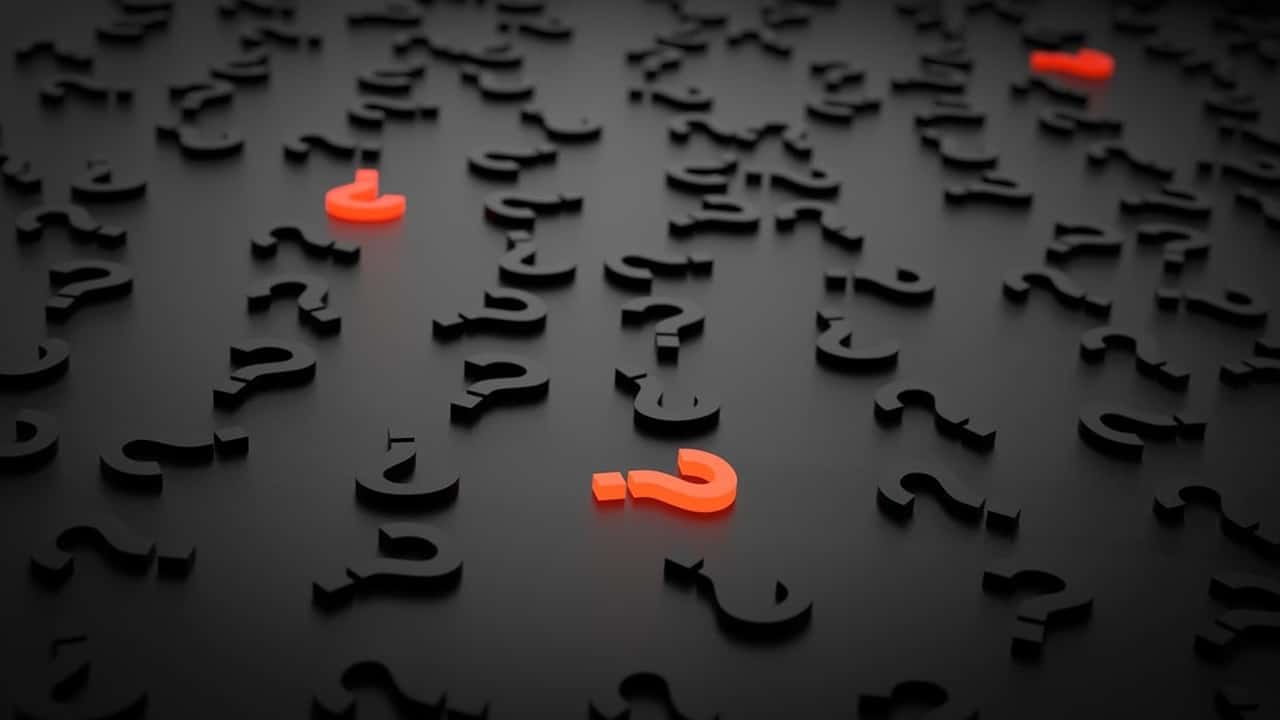Bearded dragons are fascinating reptiles known for their unique appearance and dietary habits. As a responsible pet owner, it’s crucial to understand what foods are safe and appropriate for your bearded dragon. One often asked question is whether bearded dragons can eat bread. Let’s dive into this topic and explore the feeding habits of these intriguing creatures.
The Nutritional Needs of Bearded Dragons
Bearded dragons are omnivorous, meaning they eat both insects and plant matter. Their diet should consist primarily of protein-rich foods such as insects, earthworms, and small vertebrates. Additionally, they require a variety of fresh vegetables and fruits to meet their essential vitamin and mineral needs. A well-balanced diet ensures their growth, health, and overall well-being.
The Bread Conundrum
When it comes to bread, it is not a recommended food for bearded dragons. While bearded dragons may occasionally consume bread if offered, it should not be a staple in their diet. Bread lacks the necessary nutritional value that bearded dragons need to thrive. Here are a few reasons why bread is not a suitable food for these reptiles:
- Low nutritional value: Bread is predominantly made of refined flour, sugar, and yeast, offering little nutritional content. Bearded dragons require a balanced diet rich in nutrients such as vitamins, minerals, and protein, which bread does not provide.
- High carbohydrate content: Bread is high in carbohydrates, which can lead to weight gain and potential health issues for bearded dragons. Their natural diet should consist of lean protein and fresh vegetables, not processed carbohydrates.
- Digestive problems: The digestive system of bearded dragons is not built to efficiently process bread. Bread can cause gastrointestinal distress, leading to discomfort and potential digestive blockages.
Overall, it is best to avoid feeding bread to your bearded dragon to ensure their optimal health and well-being.
Safe and Nutritious Alternatives
Now that we know bread is not suitable for bearded dragons, let’s explore some safe and nutritious alternatives that can be incorporated into their diet:
- Insects: Bearded dragons thrive on a diet rich in insects like crickets, mealworms, and roaches. These protein-packed options provide the necessary nutrients for your bearded dragon’s growth and development.
- Leafy greens: Incorporate a variety of leafy greens such as kale, collard greens, and mustard greens into your bearded dragon’s diet. These are excellent sources of essential vitamins and minerals.
- Vegetables: Bearded dragons can consume a range of vegetables, including bell peppers, carrots, and squash. These should be finely chopped or shredded to make them easier to digest.
- Fruits: While fruits should be fed in moderation due to their sugar content, they can be offered as occasional treats. Opt for safe fruits like blueberries, papaya, and melons, which provide essential vitamins.
- Supplements: To ensure your bearded dragon receives all necessary nutrients, use a reptile-specific calcium and vitamin supplement as recommended by a veterinarian.
Creating a balanced and varied diet with these alternatives will help promote the overall health and well-being of your bearded dragon.
Feeding Frequency and Portion Control
Establishing the correct feeding frequency and portion control for your bearded dragon is vital to maintaining their health. Here is a general guideline for feeding adult bearded dragons:
| Food Type | Frequency | Portion Size |
|---|---|---|
| Insects | Daily | As many as they can eat in 10-15 minutes |
| Leafy greens and veggies | Daily | A handful |
| Fruits | 2-3 times per week | A couple of small pieces |
Remember, individual bearded dragons may have different dietary needs or health conditions, so it’s crucial to consult with a reptile veterinarian for personalized advice.
Conclusion
In conclusion, bread is not a suitable food for bearded dragons due to its low nutritional value, high carbohydrate content, and potential digestive issues. It is essential to provide your beardie with a balanced diet consisting of insects, leafy greens, vegetables, and occasional fruits. By understanding their nutritional needs and offering appropriate alternatives, you can ensure your bearded dragon stays healthy, happy, and thriving.
